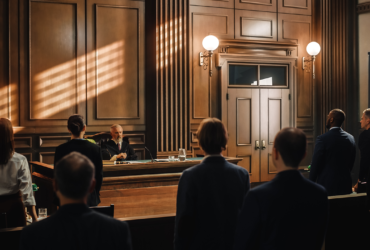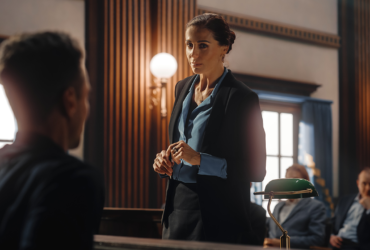Jurors must be fair and not allow their own bias or prejudice to sway their judgment on the case
The term voir dire means “to speak the truth.” The term relates to each juror’s duty to speak the truth when questioned by the court regarding their ability to be fair and impartial in judging the case, and whether they will follow the law as instructed by the court. This process is called jury selection.
People who show up for jury duty will be assigned to a courtroom where they will be asked to truthfully speak about their feelings and prejudices about the type of case they will judge. For example, if a juror had been a victim of a crime in the past, that juror may hold a strong bias toward the guilt of the criminal defendant in the present case.
Each juror in open court is questioned by the attorneys and sometimes even the judge to determine if the jurors can set aside their personal biases and decide the facts objectively and with an open mind.
If after the questioning a juror is so biased or harbors such prejudice about the type of case they must judge, and the juror honestly believes they cannot put their bias to the side and judge the case with an open mind, then the juror will be excused by the judge from serving.




